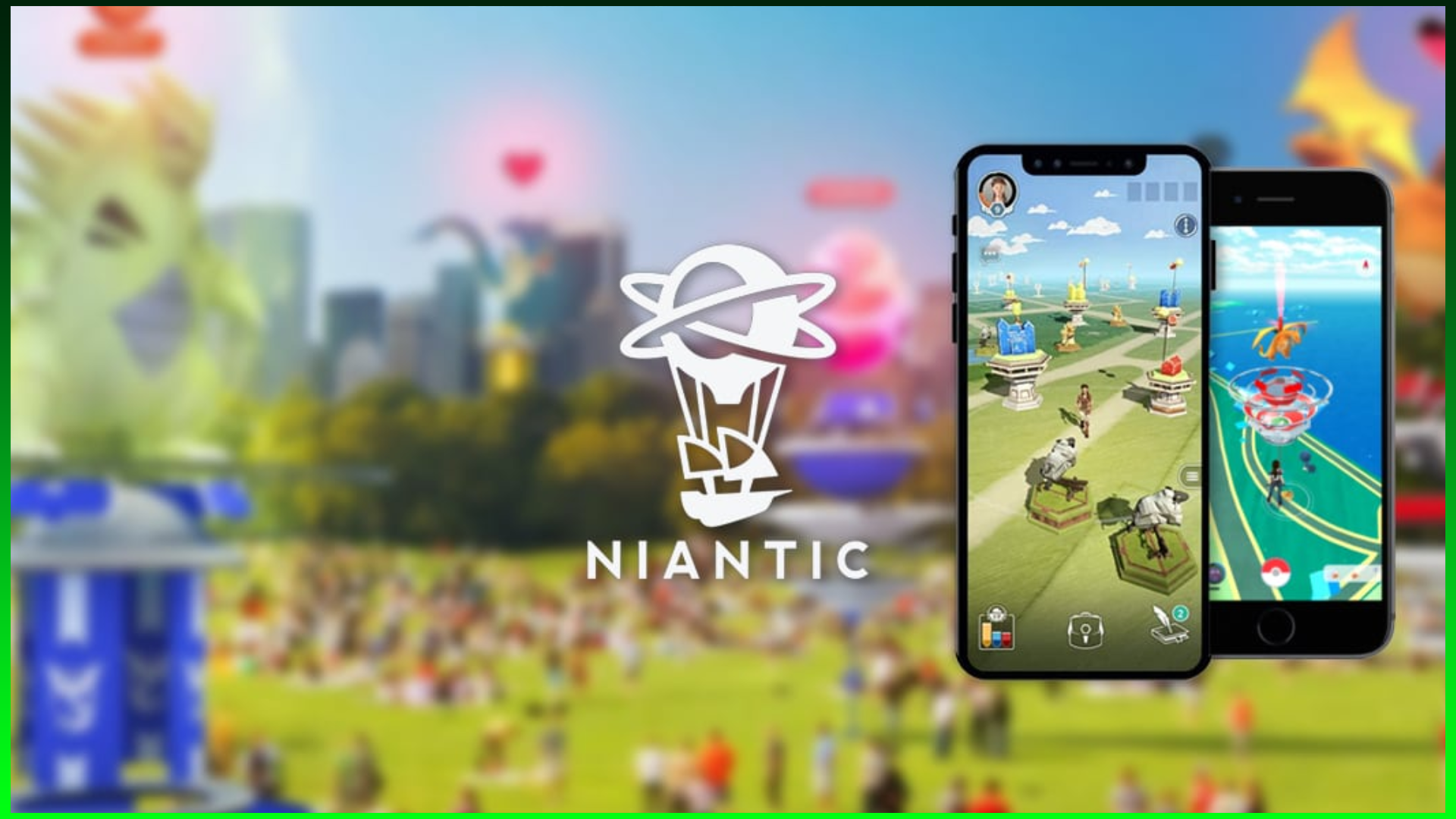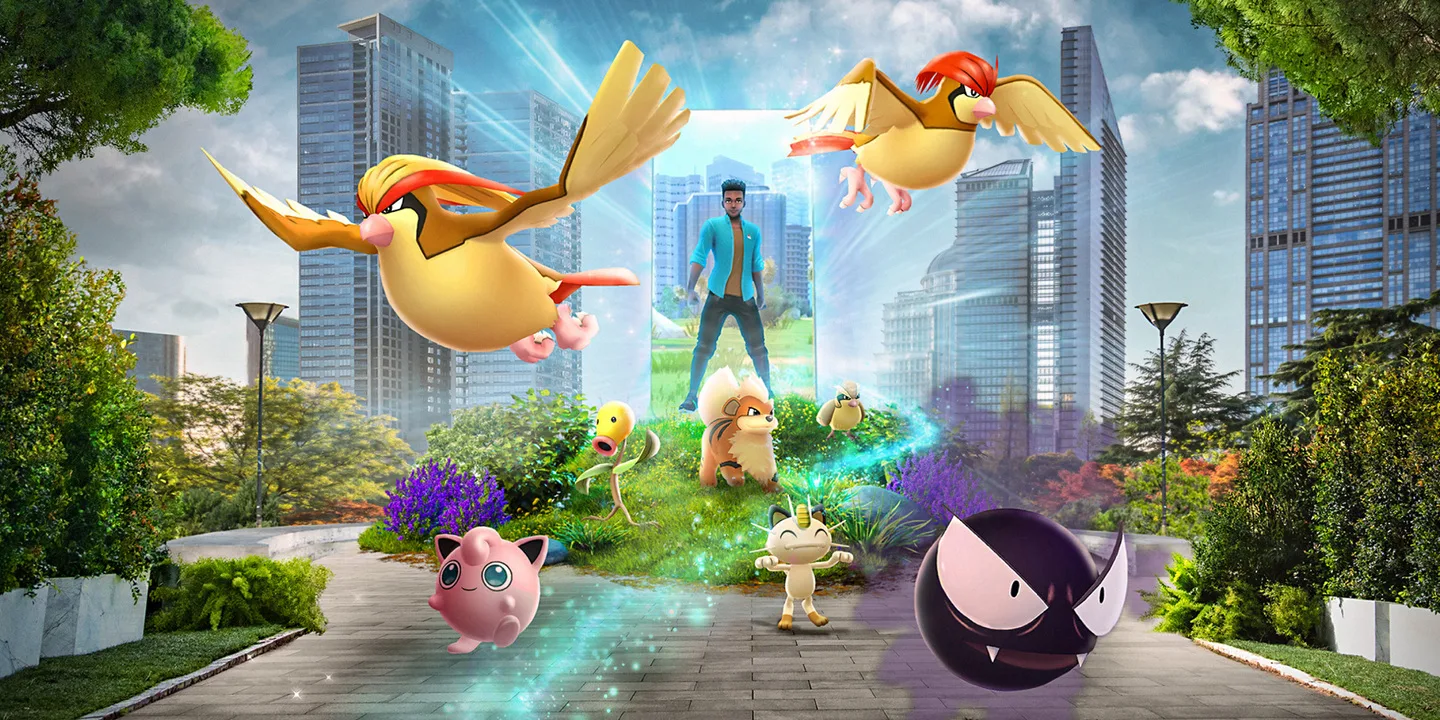
Niantic running its 1st layoffs post selling gaming business that included Pokémon Go & Monster Hunter Now
Niantic, a pioneering game developer best known for its hit game Pokémon Go, has long been synonymous with augmented reality gaming. It earned a reputation for turning ordinary streets into magical gaming landscapes, encouraging players… Niantic running its 1st layoffs post selling gaming business that included Pokémon Go & Monster Hunter Now
